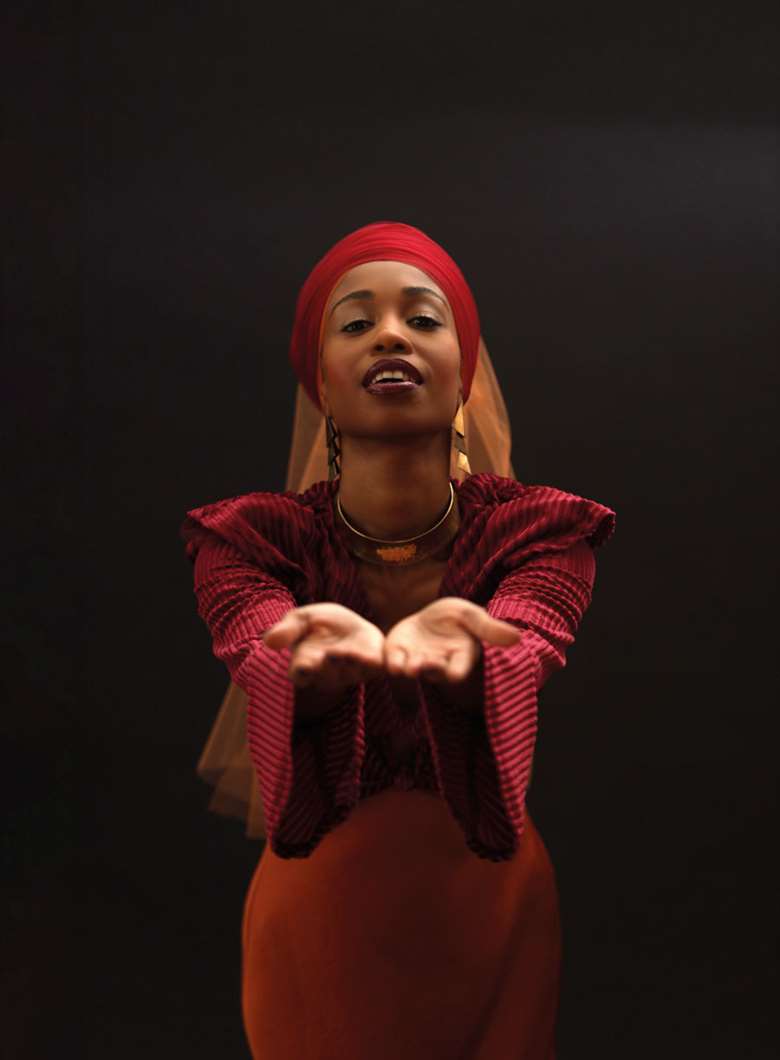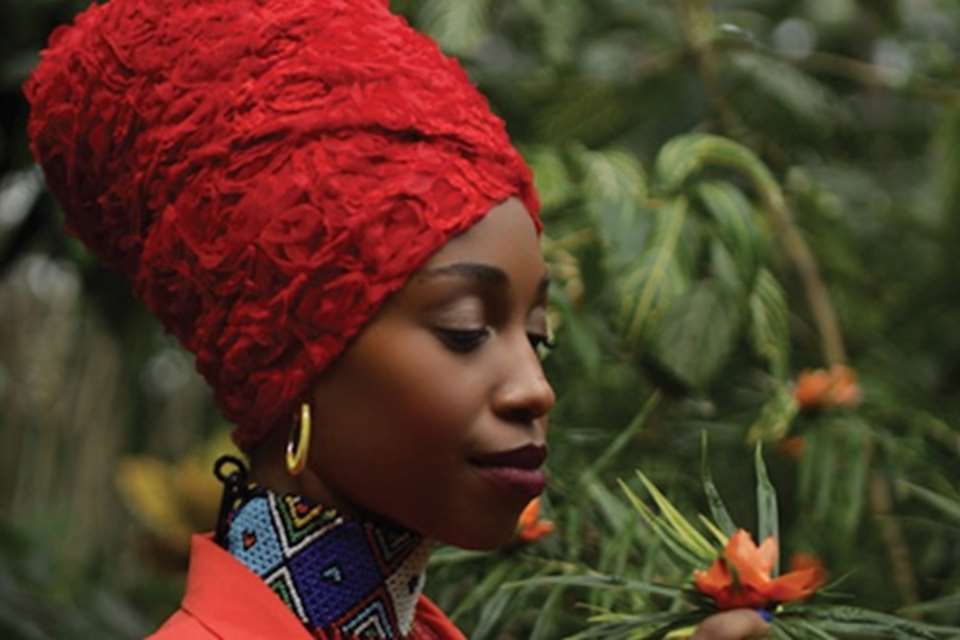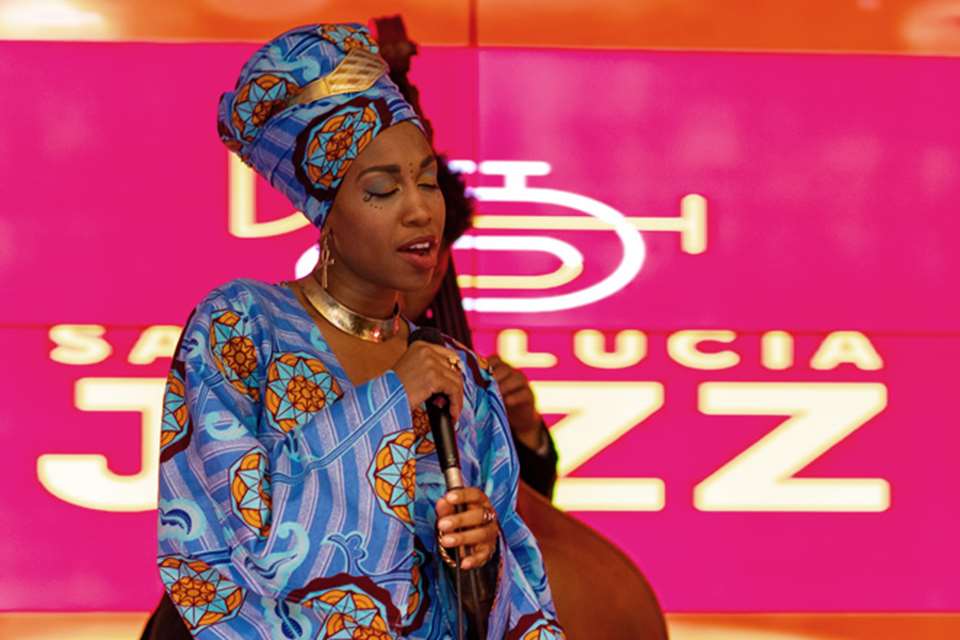Jazzmeia Horn interview: "You have to get outside of your box and get outside of your masculine world and come into my divine feminine world"
Peter Quinn
Friday, January 24, 2020
Grammy-nominated US vocalist Jazzmeia Horn’s latest album, Love and Liberation, is a “call to action” which sees her continue her voyage into unexpected realms of song. Peter Quinn spoke to the incredible singer who has already drawn positive comparisons with such greats as Betty Carter and Sarah Vaughan


Register now to continue reading

Thank you for visiting Jazzwise.co.uk. Sign up for a free account today to enjoy the following benefits:
- Free access to 3 subscriber-only articles per month
- Unlimited access to our news, live reviews and artist pages
- Free email newsletter

